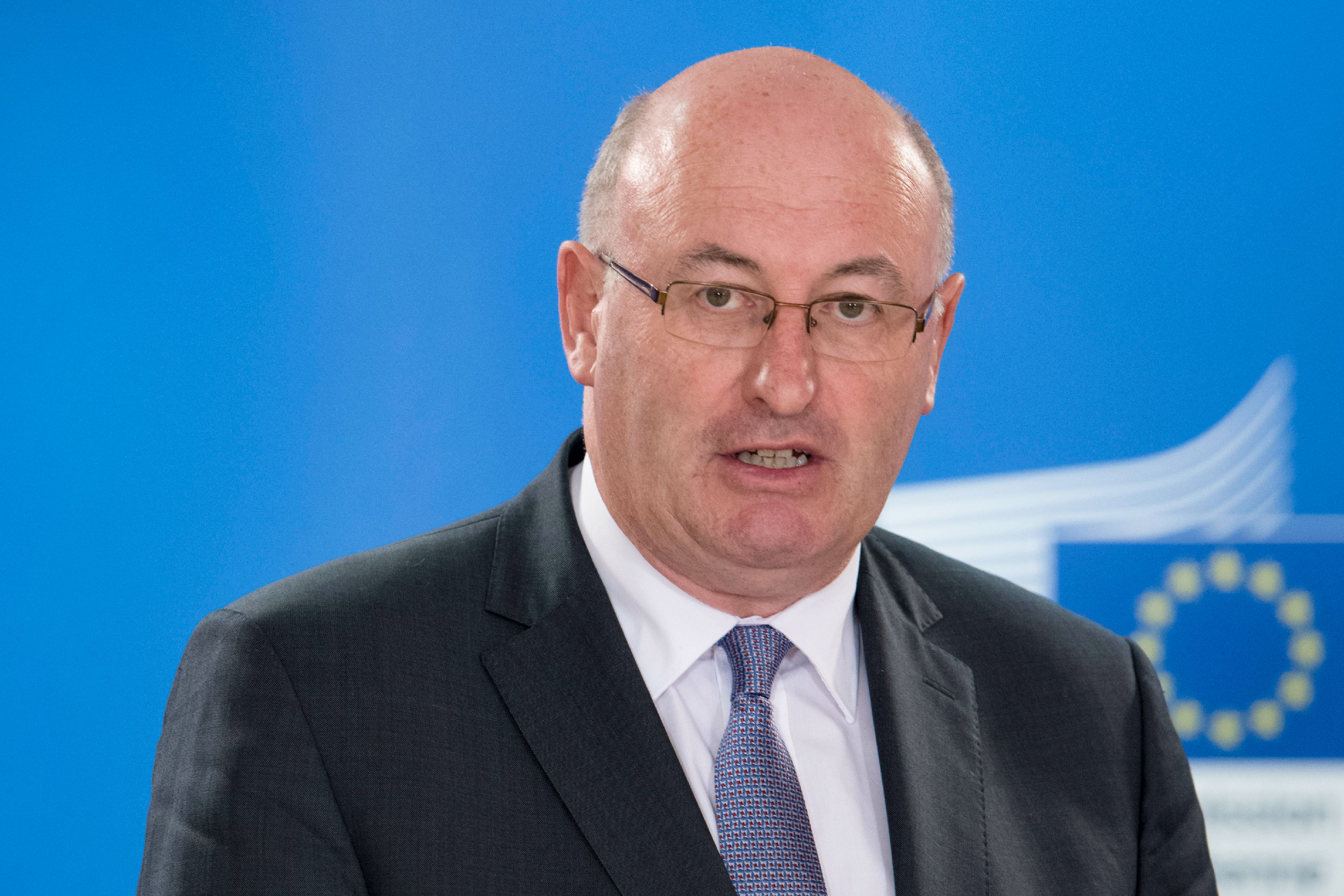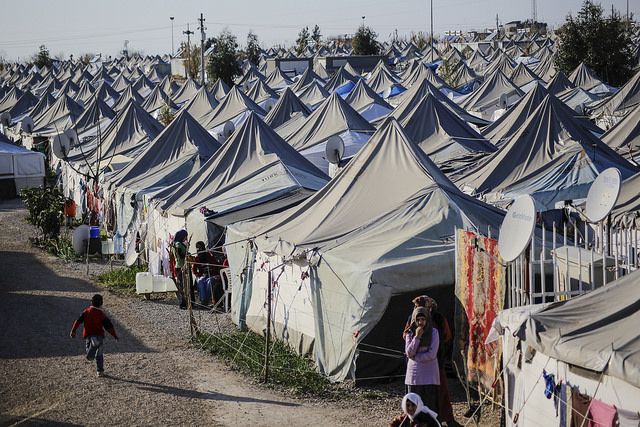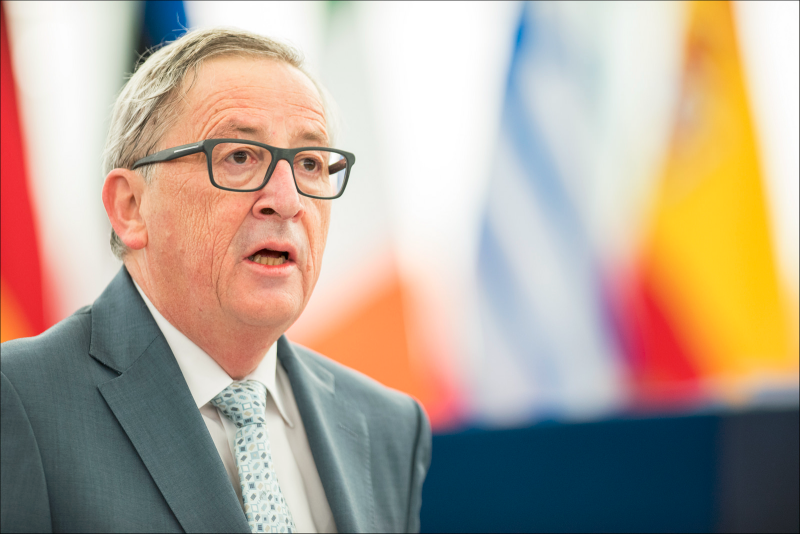Last week, the European Parliament secretariat (Policy Department for Structural and Cohesion Policies) presented a briefing authored by Albert Massot and Francois Negre to the AGRI Committee comparing the Commission’s CAP legislative proposals for the period after 2020 with the current regulations. It consists of two documents: a relatively short contextual statement, and an annex containing six ‘Dashboards’ which in a two-column format set out in specific detail how the CAP reform package (2021-2027) proposed by the Commission on 1st June 2018 compares with the current CAP (2014-2020) regulations, topic by topic. It makes a very useful contribution in structuring the debate around the Commission’s CAP proposals.
In this post, I want to pick up on just one issue addressed in the briefing, namely the budgetary framework. In previous posts (here and here), I have tried to establish what the Commission’s MFF proposal made on 2 May 2018 implies for the future CAP budget.… Read the rest






